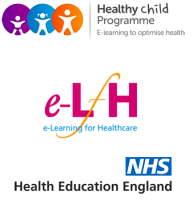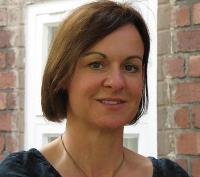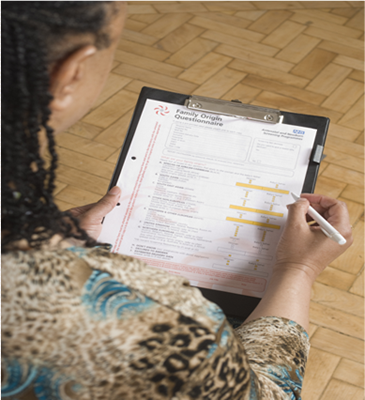Screening Programmes Part 1: Pregnancy and Newborn course



This session will describe and discuss the following three NHS antenatal and newborn screening programmes: screening for sickle cell and thalassaemia; newborn blood spot screening; and screening for infections in pregnancy.
Learning objectives
By the end of this session you will be able to:
- Describe the appropriate care pathway for each of the screening programmes, including the optimum times for testing
- Describe the basic aetiology of the conditions being screened for
- Discuss the rationale behind each of the screening programmes
- Identify the possible screening outcomes for each condition
The aims of antenatal and newborn screening are to detect health problems in the mother and/or newborn. The screening tests can help the parents to make informed choices about care or treatment of the mother and newborn. The aim of antenatal screening is to facilitate informed decision-making in relation to the care of the mother. The aim of newborn screening is to detect health problems early and to ensure affected children receive appropriate care as soon as possible.
Before commencing this session you should complete the following HCP session:
- 11_01 Overview and Principles of Screening (402-0070)
Jo Harcombe [MA, BA (Hons), DPSM, RM, RN] is currently the National Education Lead to the UK NSC screening programmes (England). This role covers the non-cancer screening programmes for England and ensures delivery of a cross-programme, multidisciplinary education strategy that supports NHS staff, commissioners and education institutes. Jo chairs several groups across the UK NSC and is a representative for the UK NSC across several organisations and stakeholder groups.
Prior to commencing this role Jo worked as a clinical midwife and senior lecturer in midwifery and women’s health and led several education projects related to clinical governance/risk management. Jo started working for the UK NSC in 2001 as a Regional Screening Coordinator for the North East region, and took on the education remit in 2002 part-time and full-time in 2004.
Jo’s Masters Degree is in Educational Leadership and her dissertation explored the use of ‘distributed leadership’ in the NHS as a means of securing sustainable professional education for screening.

- End of Life Care | Spiritual care | Spirituality a...
- Posted By eIntegrity Healthcare e-Learning
- Posted Date: 2025-01-10
- Location:Online
- This session will look at what health and social care professionals mean when they talk about 'spirituality' and outline how this understanding is central to the philosophy of end-of-life care. This session was reviewed by Simon Betteridge and Richard K
- End of Life Care | Spiritual care | Spirituality a...
- Posted By eIntegrity Healthcare e-Learning
- Posted Date: 2025-01-10
- Location:Online
- This session aims to help you develop an understanding of the importance of effective team working for the delivery of spiritual care and the importance of leadership, task, and respect for other team members and the disciplines they represent. This sessi
- End of Life Care | Spiritual care | Spiritual reso...
- Posted By eIntegrity Healthcare e-Learning
- Posted Date: 2025-01-10
- Location:Online
- In this session you will explore the meaning of the term spiritual resources and consider the relevance of them to a dying person’s quality of life. This sesson was reviewed by Rebecca Whiting and Sarah Hanrott and last updated in June 2023.
- End of Life Care | Spiritual care | Spiritual care...
- Posted By eIntegrity Healthcare e-Learning
- Posted Date: 2025-01-10
- Location:Online
- This session will enable the participant to understand the different models that can be used for spiritual interventions and how using them can enhance and/or improve the person's care. This session was reviewed by Rebecca Whiting and Sarah Hanrott and l
- End of Life Care | Bereavement care | Talking abou...
- Posted By eIntegrity Healthcare e-Learning
- Posted Date: 2025-01-10
- Location:Online
- This session explores the cultural issues surrounding death and dying in the UK and offers guidance on how to talk about this often difficult subject. This session was reviewed by Sarah Hanrott and last updated in June 2022.








